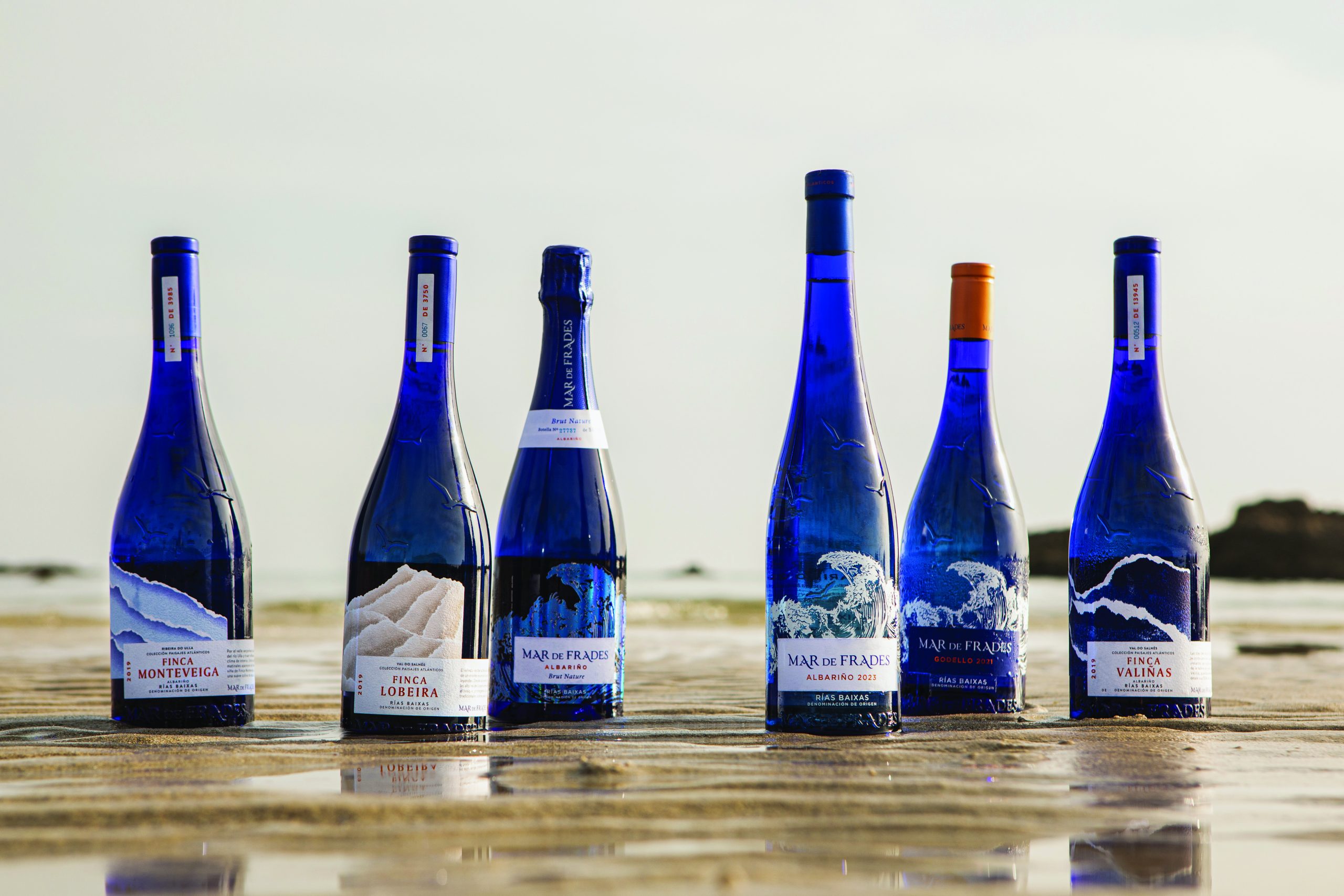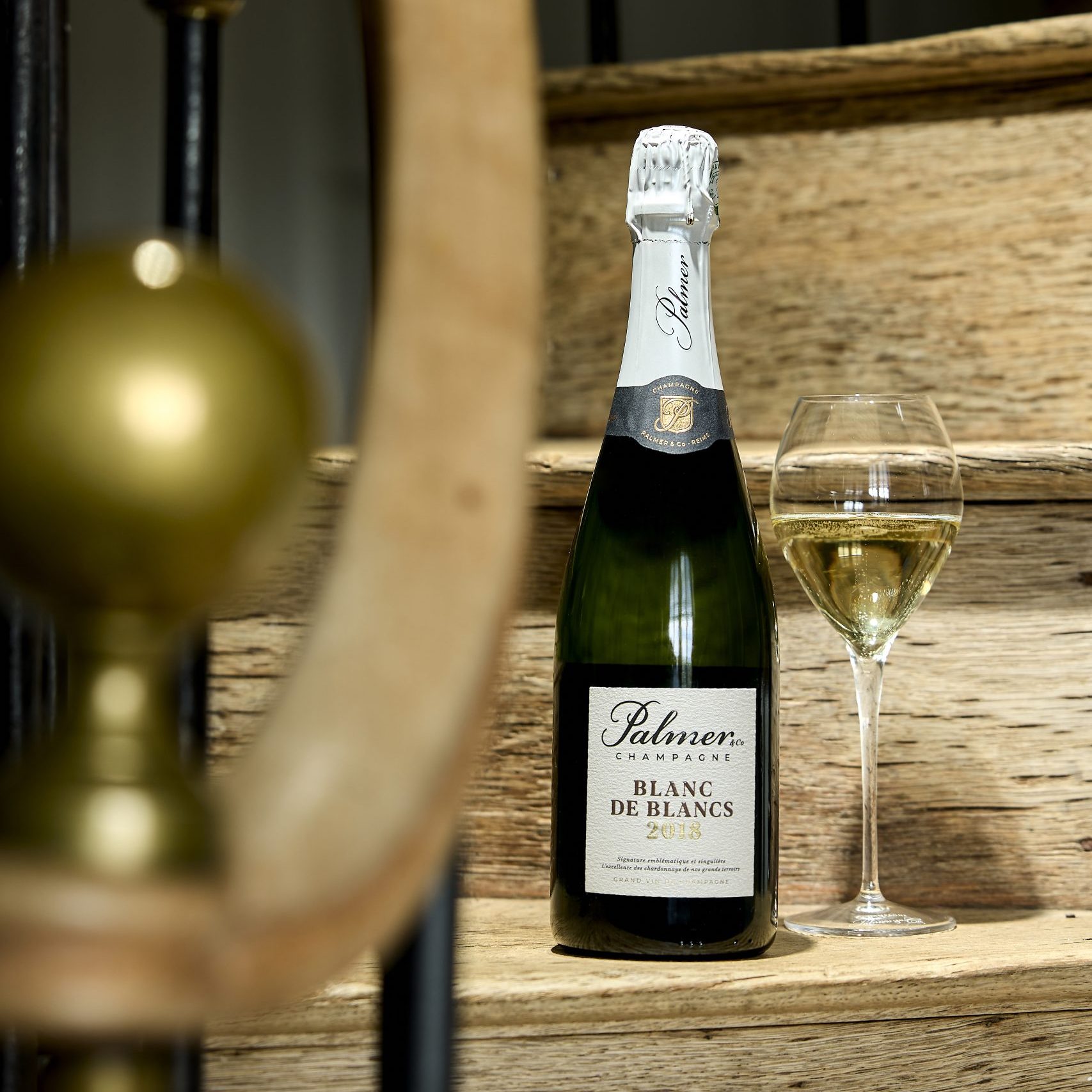From ugly duckling to liquid gold: Taiwan’s wonky sweet potato spirits
Leona de Pasquale speaks to Kinou Lo, the man turning wonky sweet potatoes into Taiwanese spirits — and using grilled sausages to sell them.
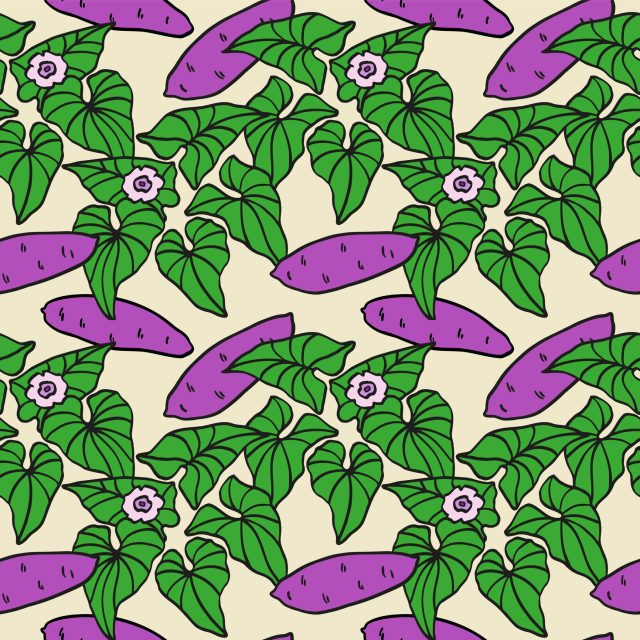
Ask any Taiwanese citizen what the shape of their island resembles, and the answer will almost unanimously be “a sweet potato”. Once a vital staple during times of colonisation and occupation, the sweet potato has come to symbolise resilience. It’s this enduring spirit that inspired Kinou Lo to found Heng Chi Distillery, a venture dedicated to producing sweet potato spirits. Lo honours this tradition by exclusively using unsalable sweet potatoes from local farmers, turning these so-called rejects into award-winning spirits.
Lo’s background is in manufacturing. During a brief stint in southern Japan, he noticed that imojochu (sweet potato shochu) was widely consumed. Upon returning to Taiwan, he spent five years researching and experimenting before founding Heng Chi Distillery in 2017.
Describing it as a distillery might be a bit of a stretch; it’s more of a corrugated-roof warehouse without air-conditioning. Working under the harsh Taiwanese sun presents its challenges. “This is definitely not a glamorous job—far from it,” Lo laughs. Starting as a one-man band, Lo now has a small team, and the distillery has expanded to include a warehouse dedicated to oak barrel maturation.
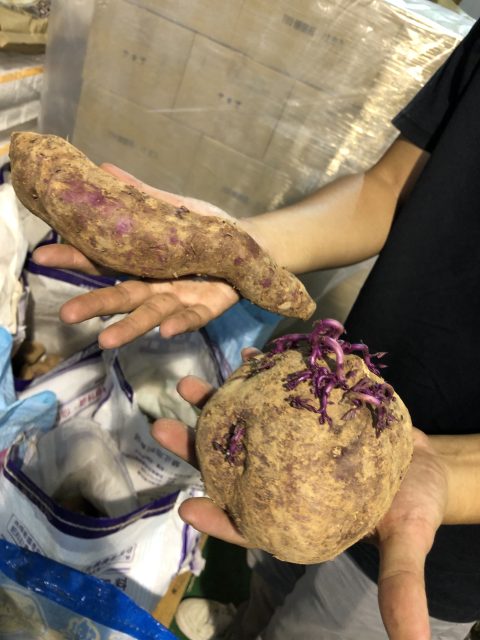
In his quest for sweet potatoes, Lo discovered a remarkable range of varieties, each imparting unique flavours to his spirits. His core product is made with Tainung No. 57, a popular, yellow-fleshed, aromatic variety, but he also incorporates others for added complexity. “We use Tainung No. 66 for its sweet notes, and a variety called ‘One-Red-Dot’ for special cuvées. Its white flesh with a red dot in the middle produces unique aromas reminiscent of lychee and roses after distillation,” Lo explains.
Over the years, Lo has cultivated strong relationships with local growers. Initially, he struggled with fluctuating prices and supply disruptions when sourcing through distributors. Everything changed when a grower offered him a batch of wonky sweet potatoes that would otherwise have gone to compost.
“That was a lightbulb moment for me,” Lo recalls. Before distillation, sweet potatoes must be cleaned, steamed, and converted from starch to sugar, making their appearance irrelevant. This means he can rely on these “rejects” for his core production.
Partner Content

“A stable supply is crucial,” Lo says. Rather than reactively waiting for discarded leftovers, he negotiates a fixed price with the growers to ensure a consistent, year-round supply. This helps manage costs more effectively, allowing him to turn wonky sweet potatoes into premium spirits.
Lo sees the use of wonky sweet potatoes as a win-win. “Overall, my costs are slightly lower, even though labour costs rise due to the need for extra staff to clean and sort the potatoes. But this way, growers gain a stable income for their unsellable crops, and I have a dependable supply, unaffected by market fluctuations,” Lo explains.
Although inspired by shochu, Lo avoids using the term for most of his products. “We produce spirits with significantly higher alcohol content—38% and 58% ABV—whereas shochu typically has an ABV below 38%,” he clarifies. “My goal is to craft a spirit that not only reflects Taiwan’s unique terroir but also aligns with local drinking traditions, which have long favoured stronger alcohol levels,” he adds.
In recent years, Heng Chi Distillery has been making waves in Taiwan after winning several international awards. However, Lo acknowledges the ongoing challenge of selling the product. “Production is the easy part; selling it is the real challenge,” he admits.
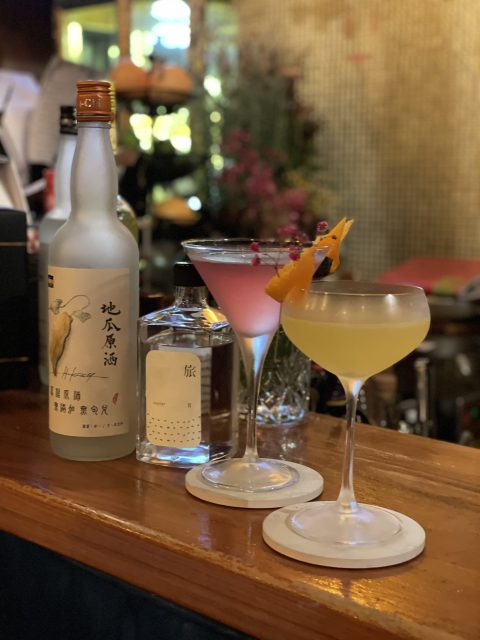
With changing drinking habits, particularly among younger generations who consume less alcohol, Lo has proactively engaged with them by visiting hospitality schools to demonstrate how sweet potato spirits can enhance cocktails.
At trade shows, Lo employs a creative strategy by infusing sweet potato spirits into popular Taiwanese street food—grilled sausages. “The enticing aroma draws people to our stand and gives us a chance to showcase our product,” he explains. During these events, he could sell over 2,000 sausages a day over a three-day fair. “Our aim is for attendees to remember our brand and recognise our products as 100% Taiwanese. It’s a bit like the saying, ‘Many a little makes a mickle’. Each 75-gram sausage contains 3ml of our spirit, and these small amounts add up,” Lo says.
In addition to using wonky sweet potatoes, Lo incorporates herbal ingredients from Taiwanese indigenous tribes into some of his spirits. “By working with various farmers — both young and from indigenous tribes — my ultimate goal is to ensure that future generations of Taiwanese growers take pride in their work and achieve sustainable growth, both economically and environmentally.”
Related news

